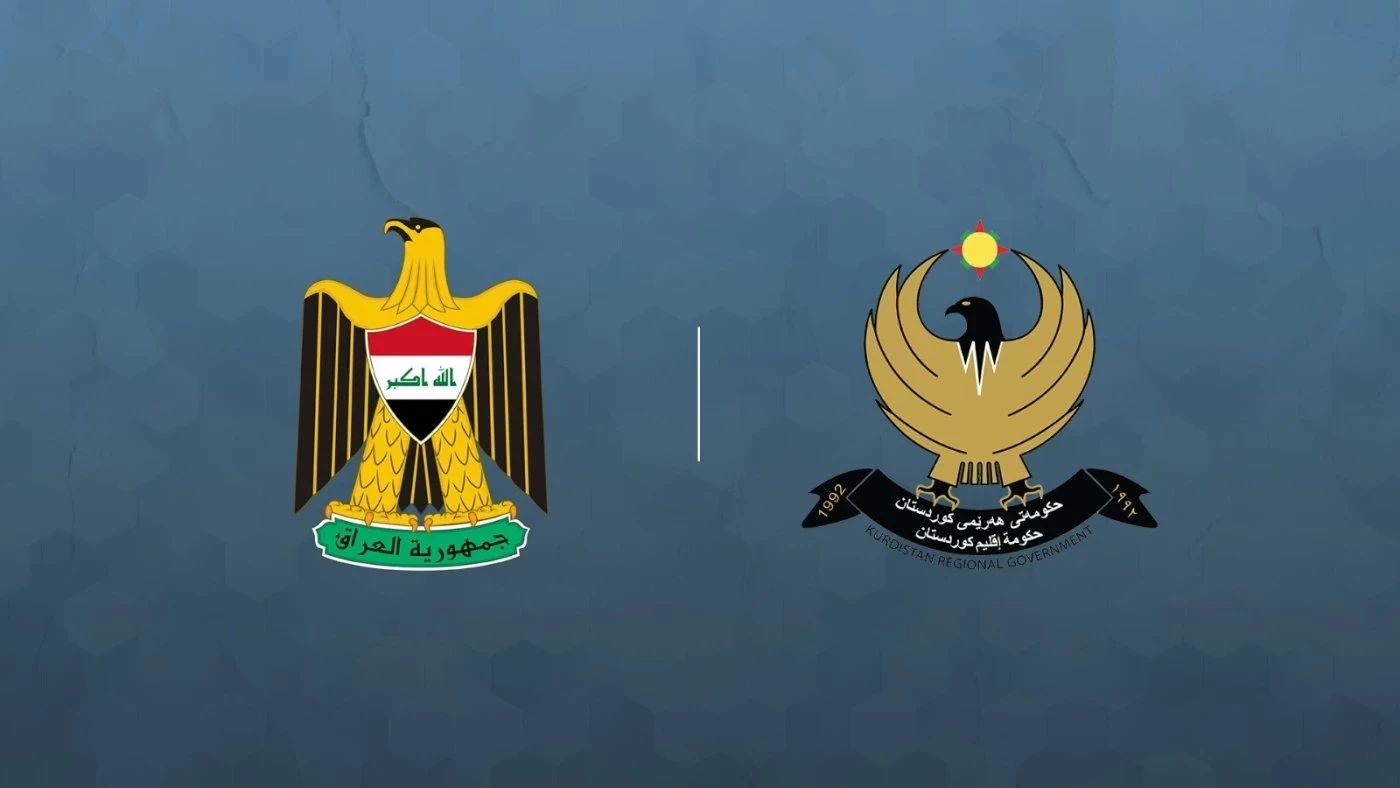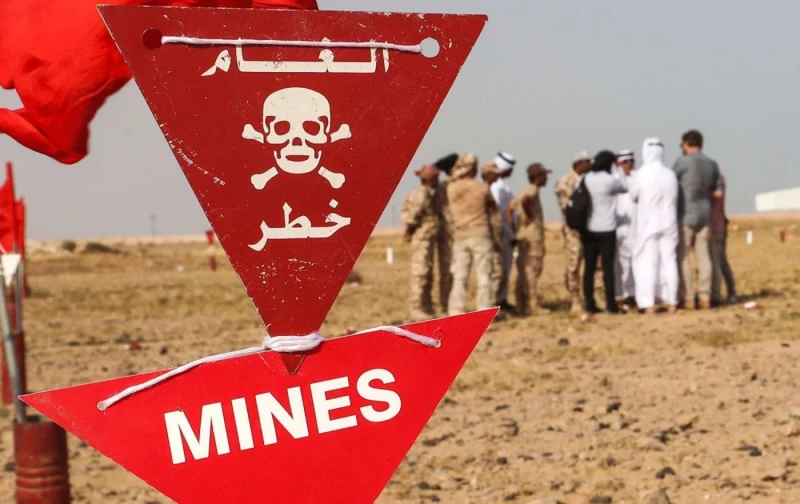ERBIL, Kurdistan Region of Iraq - The Iraqi government and the Kurdistan Regional Government (KRG) have formed a joint committee to address long-standing disputes between the two governments, beyond oil revenues and exports.
The New Region understands that the new committee, made up of nine members from both sides, is set to focus on border crossings, economic issues and eventually the implementation of Article 140 of the Iraqi constitution, which deals with disputed territories including Kirkuk.
According to information obtained by The New Region, Baghdad is represented by Foreign Minister Fuad Hussein, Reconstruction Minister Bangen Rekani, Justice Minister Khalid Shwani, Environment Minister Hallo Askari, and Deputy Cabinet Secretary-General Farhad Nimatullah.
Kurdistan’s members include Omed Sabah, head of the Council of Ministers’ office; Amanj Raheem, secretary of the Council of Ministers; Abdul Hakim Khasraw, head of coordination and follow-up; and Endowments Minister Pshtiwan Sadiq.
Erbil and Baghdad on Thursday reached an agreement to settle a long-standing budgetary dispute over the Kurdistan Region’s oil exports, ending a halt in the Region’s oil export that was imposed in March 2023, when a Paris-based court settled a case in Iraq’s favor against Turkey, which accused Ankara of violating a 1973 agreement by allowing Erbil to sell oil independently of Baghdad.
The halt in the Kurdistan Region’s oil exports cost Erbil and Baghdad an estimated $30 billion in potential revenues, The dispute led to constant delays in the disbursement of the salaries of the Region’s civil servants, owing to Baghdad’s continued refusal to transfer the necessary funds to pay the Kurdistan Region’s public sector employees.
The committee’s officials are set to exchange updates and coordinate daily, The New Region has learned. The body is expected to work on disputes for the long term and may see its membership change with the formation of new government cabinets in Baghdad and Erbil.
In the short term, the committee will prioritize regulating border crossings and settling economic disagreements. Over time, it will take up the sensitive issue of Article 140 and discuss joint security operations between the Peshmerga and federal forces in Kirkuk and other disputed areas.
Article 140 of the Iraqi constitution mandates a process to outline a clear and definitive boundary in the disputed areas by introducing a referendum to determine the will of the residents living on the lands, and prohibits changing the boundaries of the areas until a final settlement is reached between the two sides. The Kurdistan Region has repeatedly called on the federal government to implement the provisions of the article.
The article also requires the reversal of the Arabization policies introduced by the former Baathist regime.
The implementation of the article has been continuously delayed by the Iraqi government.
The Iraqi government in 2017 mobilized against the Kurdistan Region’s forces in the disputed territories, taking control of the area, including Kurdish-majority Kirkuk.



 Facebook
Facebook
 LinkedIn
LinkedIn
 Telegram
Telegram
 X
X


